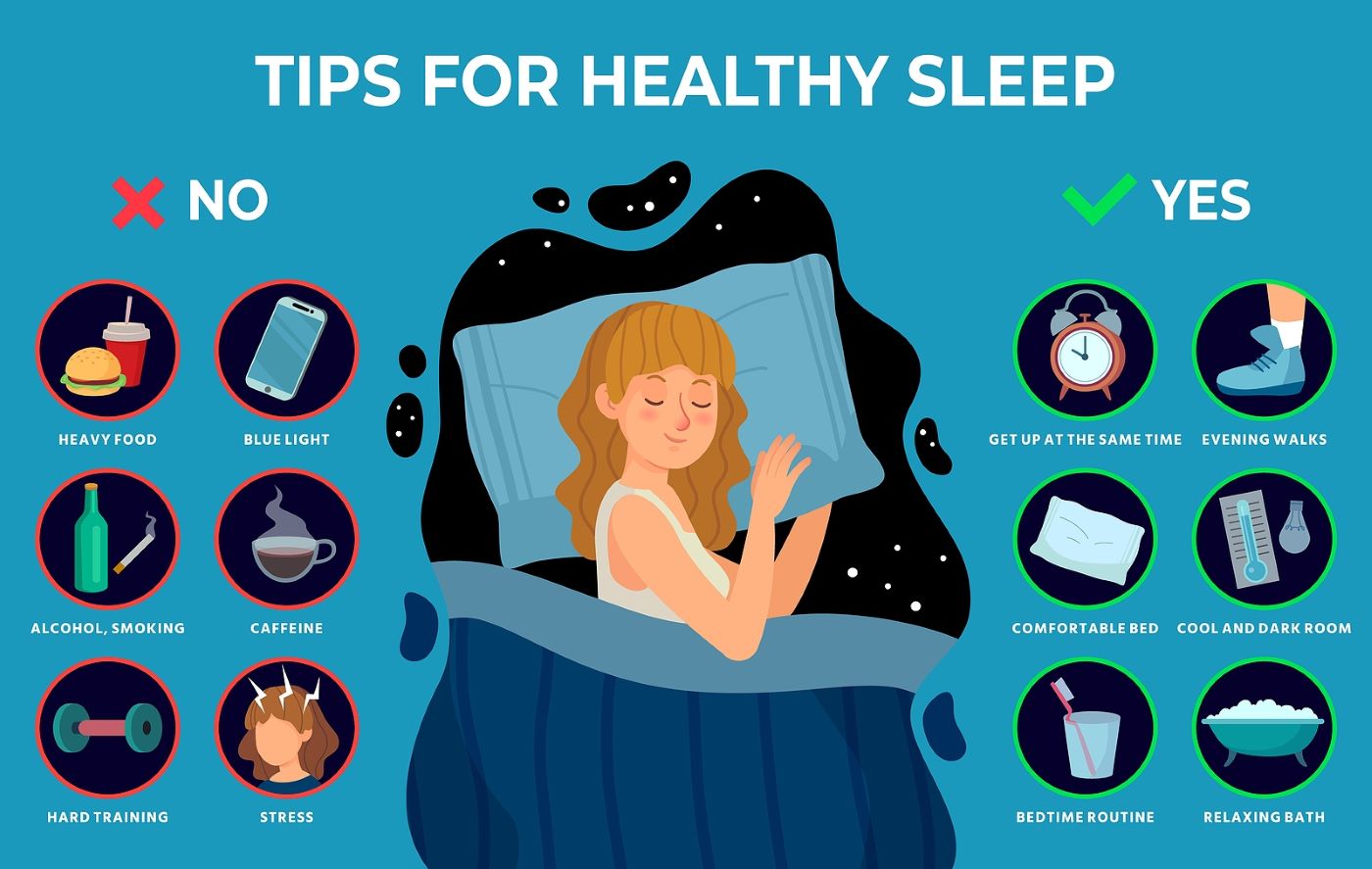

Limiting “catch-up” sleep on weekends to two hours in the morning.Allowing your child to take age-appropriate naps only.Allowing exposure to sunlight for at least 30 minutes a day, preferably in the morning.Good sleep hygiene during the day includes:

Make sure that your child gets out in the sunlight every day for some exercise, as daytime light can help sleep. Good sleep hygiene also continues throughout the day.

Make sure you discuss medications with your pediatrician or sleep specialist BEFORE trying them with your child.Īt home, having a consistent bedtime ritual and the same sleep and wake-up times every day will go a long way toward helping your child and your family get a good night’s sleep. A common medication used for sleep disorders is melatonin, which can help to establish a healthy sleep rhythm. Your child may need to see a sleep specialist to determine the underlying reasons for sleep problems. If your child with autism spectrum disorder has trouble getting a good night’s sleep, there are both behavioral and medical treatments available. Using a comfortable bed and using it only for sleep.Sleeping in a dark, cool and quiet room.No mentally-stimulating activity before bedtime.No vigorous exercise one to two hours before bedtime.Limiting TV, computers or games before bedtime.Dimming the lights in the evening and before bedtime.The sleep schedule should be the same on weekends and school nights. Also, there should be a consistent wake-up time every day and limited naps for older children.
Autistic kids dont sleep well tv#
Take a look at this study, which suggests that boys with ASD get more sleep at night when they spend less time with TV and video games during the day.Ī calm, supporting and consistent bedtime routine allows a child to wind down and get ready for sleep.

Consider taking the TV and other electronics out of the bedroom. For example, the bed should be used only for sleeping-avoid watching TV or eating snacks in bed. The most important thing to do is develop a consistent routine around sleep, maintaining what we call good “sleep hygiene.” Sleep hygiene is about keeping a daily routine and providing an environment that promotes sleep. A child’s sleep problems are also stressful for parents, so it is important to find solutions that work for the family. Parents are tempted to let their children nap during the day, but this only contributes to more problems at night.Ĭhildren need to get enough sleep for health, mood and behavior. It is difficult for the family, because everyone wakes up tired from not sleeping well. Others may wake up easily during the night or want to sleep somewhere else other than in bed. Some children may need to be rocked, patted or have someone lie next to them before falling asleep. The most common problem for children on the autism spectrum is.


 0 kommentar(er)
0 kommentar(er)
